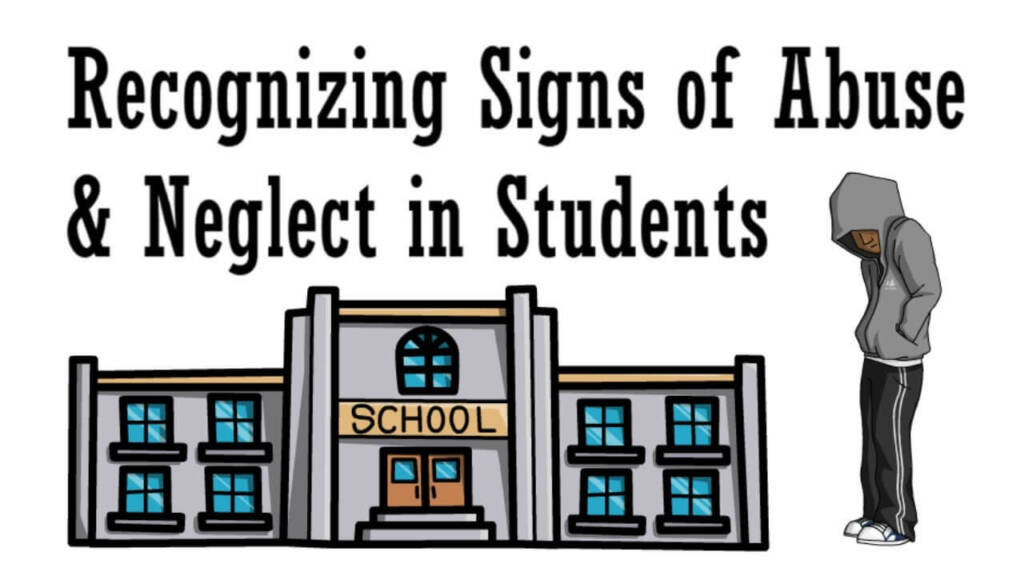Unseen Wounds: 9 Signs you were emotionally neglected in your Childhood
Welcome, dear reader. As you embark on this journey of self-reflection, we invite you to explore the subtle yet profound impact of emotional neglect in your formative years. Discover the hidden wounds that may have been overlooked, and gain insight into the 9 Signs you were emotionally neglected in your Childhood. Let us shed light on this important but often overlooked topic, and empower you with understanding and healing.
9 Signs you were emotionally neglected in your childhood
Looking back on my past, I’ve realized that there were signs of emotional neglect during my childhood that I didn’t fully understand at the time. Here are 9 indicators that you may have experienced emotional neglect:
Difficulty expressing emotions: I struggled to articulate my feelings or comprehend my emotions as a child due to a lack of emotional validation and support from caregivers.
Constant need for validation: I sought approval and validation from others to compensate for the emotional neglect I experienced. I often looked for reassurance from teachers, friends, or partners, as I didn’t receive enough validation from my family.
Difficulty forming meaningful relationships: Emotional neglect can impact our ability to establish deep connections with others. I found it challenging to build trusting relationships and struggled with intimacy due to a lack of emotional connection in my childhood.
Low self-esteem: Emotional neglect can contribute to a negative self-image and low self-worth. I often felt unworthy and struggled with self-esteem, as I didn’t receive enough positive reinforcement or validation during my upbringing.
Fear of abandonment: Emotional neglect can instill a fear of abandonment, as it creates an emotional void that may feel threatening. I often felt anxious about being abandoned or rejected by others, which impacted my relationships and sense of security.
Difficulty setting boundaries: Emotional neglect can blur personal boundaries, as one may not have learned how to assert their needs and protect their emotional well-being. I struggled with setting healthy boundaries, which led to difficulties in maintaining healthy relationships.
Also Read: Mastering the Art of Business: Top 10 Skills for a Successful Career
People-pleasing tendencies: I learned to prioritize others’ needs over my own as a child to gain validation and approval. This led to a pattern of people-pleasing in my adulthood, as I internalized the belief that my emotional needs were not important.
Emotional numbness: Emotional neglect can desensitize one’s emotional responses, leading to a sense of emotional numbness. I often felt emotionally detached or disconnected from my own feelings, which impacted my ability to fully experience and process emotions.
Difficulty regulating emotions: Emotional neglect can hinder the development of emotional regulation skills. I struggled with managing my emotions, often experiencing intense emotional reactions or feeling overwhelmed by them.
Recognizing these signs has helped me understand the impact of emotional neglect on my well-being and has inspired me to prioritize my emotional needs and seek healing. It’s never too late to seek support and take steps towards your emotional well-being, as you deserve to have your emotional needs met.
Install our app for more news and daily updates: @tfiglobal
